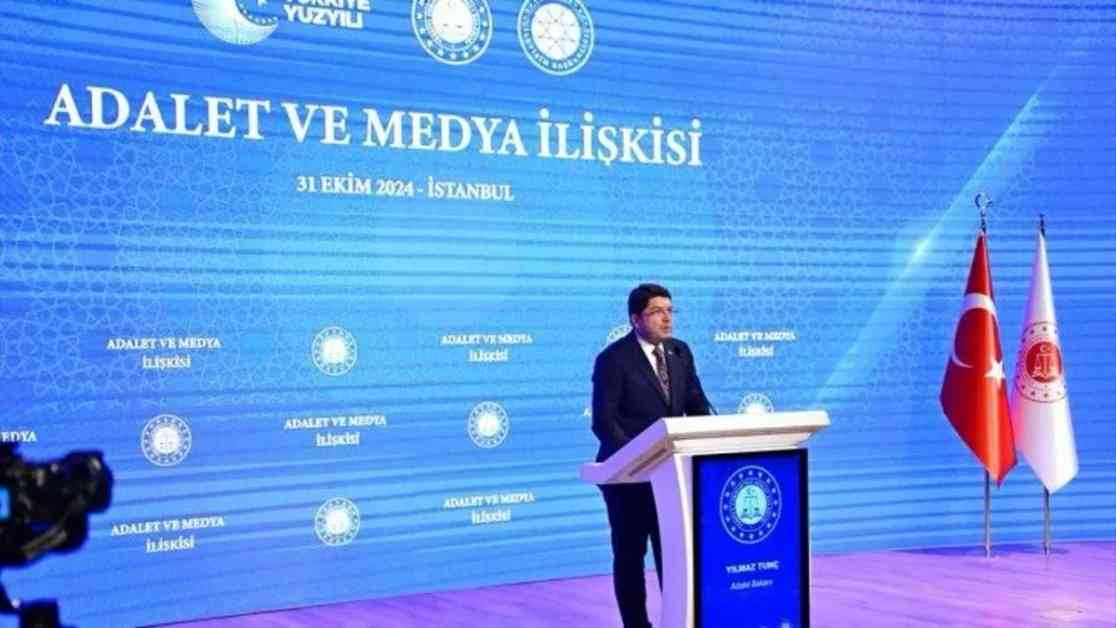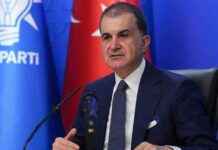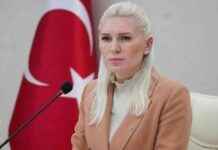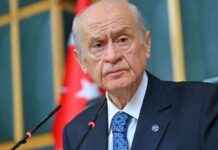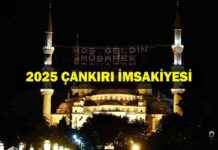### Bakan Tunç’s Speech at the Former Trial Venue 25 Years Ago
Justice Minister Yılmaz Tunç defended the freedom of wearing headscarves, 25 years after being tried in the State Security Court. He participated in the Justice and Media Relationship Panel held at the building that was once used as a court and now serves as a university. Minister Tunç shared an important message during the event.
### Panel Discussion at Bahçeşehir University
At the Bahçeşehir University campus in Beşiktaş, which was formerly the State Security Court, a panel titled “Justice and Media Relationship: Justice is the Foundation of the State, Media is the Voice of Reality” was organized. Speaking at the panel, Justice Minister Yılmaz Tunç expressed his pleasure in being present at the Bahçeşehir University building where he was tried 25 years ago for defending the freedom of wearing headscarves.
Minister Tunç highlighted the ongoing genocide in Palestine since October 7, 2023, where nearly 50,000 people have been martyred, with 80% of them being women and children. He criticized the international media for failing to protect and advocate for the rights of the slain children in Palestine, accusing them of supporting the perpetrators of the massacre through misinformation. On the contrary, Tunç praised the Turkish media, particularly Anadolu Agency and TRT, for their efforts in shedding light on the atrocities in Palestine and other regions.
### Remembering the Victims in Palestine
Minister Tunç paid tribute to all the victims who lost their lives in Palestine, emphasizing the vital role of the Turkish media in bringing awareness to the injustices happening in the region. He acknowledged the sacrifices made by journalists, including those who lost their lives, in reporting from conflict zones to inform the public and send a message to the world.
### Transformation of the Former Trial Venue
Reflecting on his trial at the former State Security Court, now a place of education at Bahçeşehir University, Tunç highlighted the progress made by the country towards a higher standard of democracy. He noted the transition from military-dominated judicial systems in the past to a more democratic and fair judiciary today.
Tunç acknowledged the challenges faced by the Turkish judiciary in the past, particularly during periods like the coups of September 12 and February 28, where the judiciary sided with the coup plotters. However, he commended the resilience of the Turkish judiciary, especially during the July 15 coup attempt, which demonstrated its commitment to democracy and the rule of law.
### Utilizing Technology in the Judiciary
Minister Tunç discussed the advancements in technology, particularly the use of artificial intelligence, in various sectors, including the judiciary. He highlighted the potential for utilizing artificial intelligence in the legal system to improve efficiency and access to justice. Tunç mentioned ongoing efforts to enhance the country’s judicial system through projects like the National Judiciary Informatics System (UYAP) and the implementation of electronic trials to streamline legal processes.
### Strengthening Press Freedom and Legal Protections
Tunç emphasized the importance of press freedom and the protection of individual rights, highlighting legislative reforms aimed at safeguarding freedom of expression and preventing undue restrictions on media outlets. He stressed the need for a modern and inclusive constitution to guide Turkey towards a more democratic and participatory future.
### Addressing Misinformation and Social Media Challenges
The Minister raised concerns about the spread of misinformation on social media platforms, which can distort public perceptions and undermine trust in the justice system. He cited examples where inaccurate information led to misconceptions about legal proceedings, emphasizing the importance of accurate reporting and responsible social media usage in upholding justice and preserving individual rights.
### Conclusion
In conclusion, Minister Tunç underscored the critical roles played by both the judiciary and the media in upholding democratic values and ensuring transparency in society. He called for continued collaboration between these two pillars of democracy to address challenges, combat misinformation, and strengthen public trust in the legal system.
Overall, Minister Yılmaz Tunç’s speech at the former trial venue served as a reminder of the progress made in Turkey’s justice system and the ongoing efforts to enhance transparency, accountability, and access to justice for all citizens.

